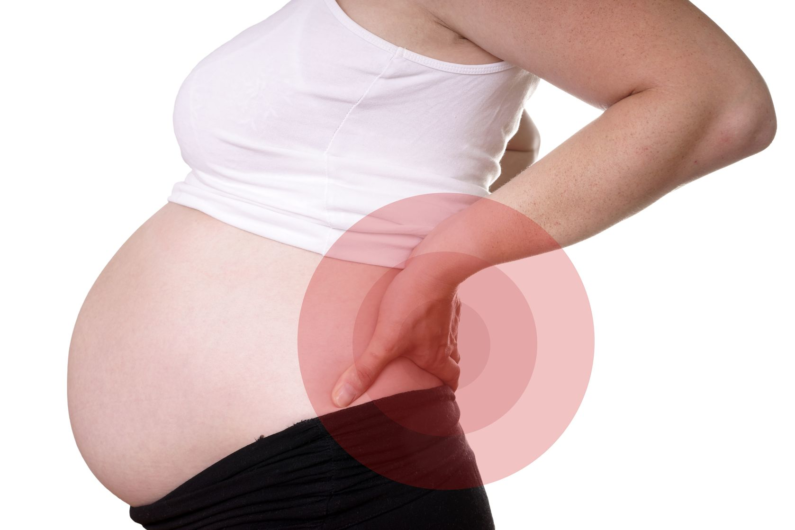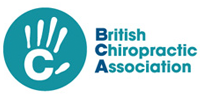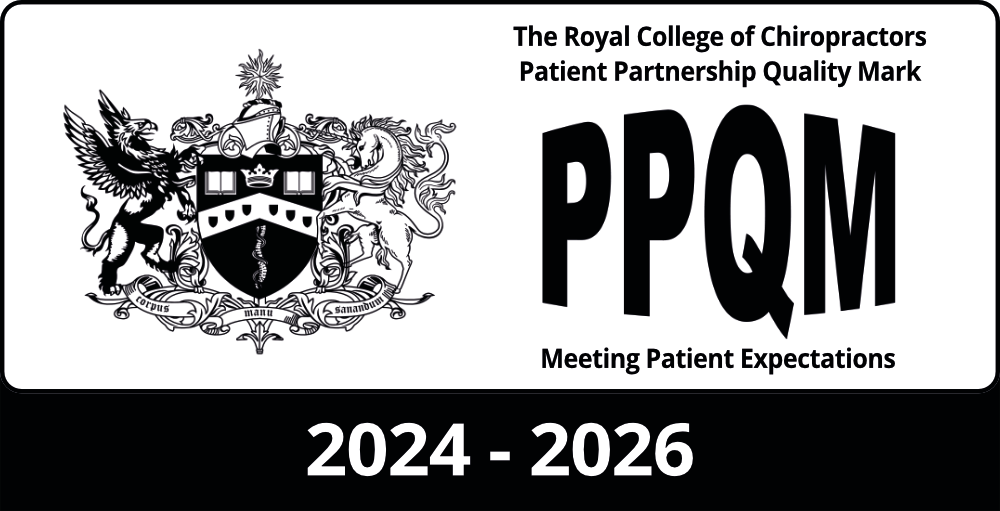Pregnancy
Benefits of Prenatal and Postnatal Chiropractic Care:
A woman’s body changes dramatically during pregnancy. Those changes include the softening of ligaments, weight increase and changes to posture. This can lead to additional pressure on joints in various parts of the body, including the spine or pelvis.
Chiropractic treatment offers safe, gentle relief of discomfort during pregnancy and Chiropractors are trained to treat women during pregnancy.
Chiropractic care can relieve pressure with gentle and effective adjustments, Re-establish the natural position and mobility of the join and relax over tight muscles that are under strain.

What Can You Do?
- Safe exercise during pregnancy can help strengthen your muscles and prevent discomfort. Try exercising at least three times a week, gently stretching before and after exercise. If you weren't active before your pregnancy, check with your doctor before starting or continuing any exercise.
- Walking, swimming, and stationary cycling are relatively safe cardiovascular exercises for pregnant women because they do not require jerking or bouncing movements. Jogging can be safe for women who were avid runners before becoming pregnant - if done carefully and under a doctor's supervision.
- Be sure to exercise in an area with secure footing to minimize the likelihood of falls. Your heart rate should not exceed 140 beats per minute during exercise. Strenuous activity should last no more than 15 minutes at a time.
- Stop your exercise routine immediately if you notice any unusual symptoms, such as vaginal bleeding, dizziness, nausea, weakness, blurred vision, increased swelling, or heart palpitations.
- Wear flat, sensible shoes. High or chunky heels can exacerbate postural imbalances and make you less steady on your feet, especially as your pregnancy progresses.
- When picking up children, bend from the knees, not the waist. And never turn your head when you lift. Avoid picking up heavy objects, if possible.
- Get plenty of rest. Pamper yourself and ask for help if you need it. Take a nap if you're tired, or lie down and elevate your feet for a few moments when you need a break.



